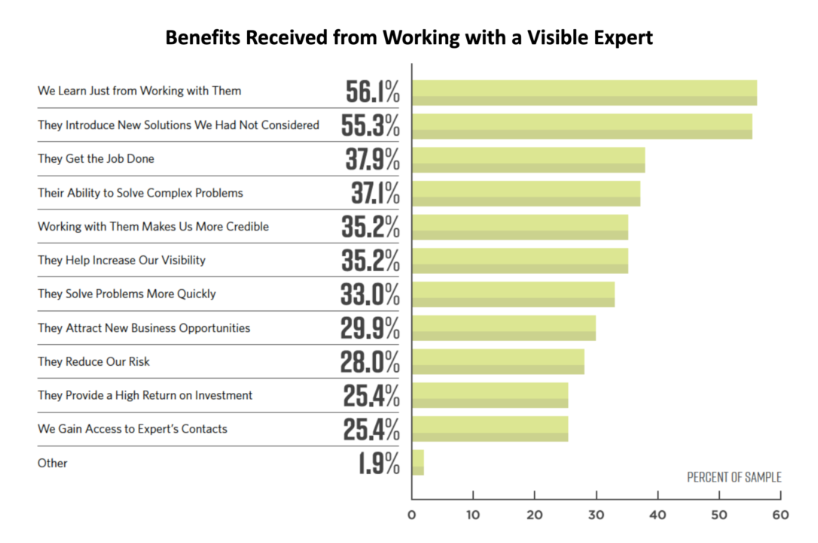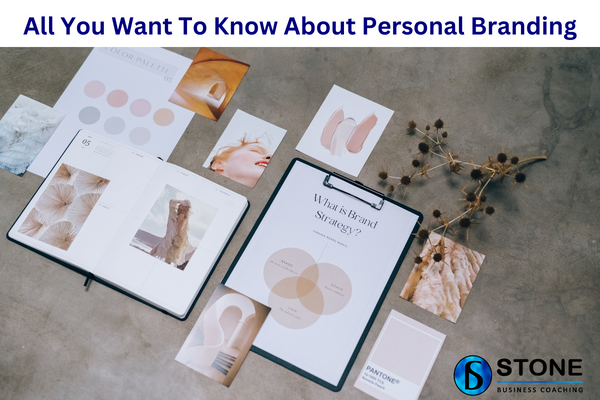Whether you’re in business, aiming to advance your career, get noticed professionally or are the face of a business, then personal branding should be of interest to you. Let’s look a little further into the what, why and how of personal branding – whether you are an individual or representing your business or company, like Richard Branson of the Virgin Group.
What is Personal Branding?
Not that much different in business, branding (personal, product or corporate) isn’t just a logo or a colour scheme; it’s much more. Branding is the look, the feel, the messaging behind the person, product or organisation. It’s not just what they say, but how they say it and their tone.
Branding is part of marketing; when you begin marketing (or even that first step of thinking about a website), you need to think about your brand. The same can be said for personal branding. Are you going to be (or are) the face of your business? Are you becoming a leader within your company where you work? Are you wanting to enhance your career? Branding (and marketing) is often about being noticed – ideally in a very positive way. With personal branding it’s about what you do, say and imply. In many ways, branding and perception overlap. If you’re wanting to come across as professional, then turning up to an important work meeting in jeans and sandshoes might not be congruent with that message. A fitness guru may not want to be seen with a paunch or scoffing a dozen donuts. Someone who says they are for the environmentalist but drives ‘gas guzzler’ may be seen incongruent. Branding isn’t just what we say, or how we look, or what we write, it’s also about how we behave and what we do.
Why is Personal Branding Important?
Branding, personal, product or business is important. It helps us be seen, helps promote what we are doing, markets us and gives us the opportunity to show our strengths, advantages and abilities. In fact, personal branding can do a lot:
- Helping our business become more seen – for the right reasons.
- Helping us as individuals to be seen – whether that’s for a promotion, career advancement, being selected for a special project, or even for politicians to get elected.
- Branding can even help with our confidence; it’s actually somewhat of a snowball effect. We get noticed; we get more and better opportunities, we learn more, we are appreciated more and our abilities, skills and confidence then in turn grow.
- It helps us stand out from the crowd. In whatever you’re doing (unless it’s an incredibly narrow, niche and limited market) we always have lots of competitors. That might be our workmates, our business competitors, even other students at school or University.
- A good brand will improve your financial position. If you’re known, in demand and sought after, you can charge more. Look at the likes of Tony Robbins who earns an excellent hourly rate. He’s worked hard and successfully at getting his brand, and seminar and products and books out there. He’s coached many famous people from Bill Clinton to Oprah Winfrey (and more). Have a look at the chart at the bottom which shows the benefits of working with an Expert who is Visible – that is they are an expert with great branding and visibility. Working with them benefits you, improves your position and yes, they will charge more because of that.
- Personal branding helps you to portray your expertness and build a reputation.
- If you’ve got a good personal brand, it’s very common that people will like you, or like what you represent. People who like, know and trust you are more likely to engage with you, do business with you or want to work with you – either as a customer, supervisor or co-worker.
- Good personal branding builds trust.
- Personal branding can also educate your prospect, potential employer or other person as to what you’re about, what you believe in, what you can be counted on for and what you can do to help them.
- Personal branding also helps you to control the narrative. You are saying what you want people to hear and see – rather than allowing someone else to, or worse, just being invisible.
How Do You Set Up Your Personal Branding? What Are The Action Steps You Can Take?
Initially, I would be doing some research and thinking hard about what you want to achieve and what you want to be known for. The next step I would take is to write down what you want to achieve, what you want to be known and seen for and then write your personal branding statement. This actually becomes often a great part of your ‘About’ in your LinkedIn profile.
- Consider your ‘packaging’ that is – your look visually. Does your look match your intention?
- Dress for the position you want to attain, not where you are now.
- Refresh and update your Resume (whether actively looking for a job now or not).
- Update your LinkedIn profile; this is essentially your online presence (unless you’ve got a website as well) so ensure it’s excellent. Don’t list your very first job if it’s irrelevant. For a similar reason, I suggest clients list their most recent job first; that way, the (usually) more senior positions are seen first.
- With any profile, have a professional photo that is relevant. A selfie with mates sculling beers might not be the image you want to put on your LinkedIn profile when seeking a graduate job with a prestigious law firm.
- Google yourself and clean up anything online which doesn’t match what you want to be seen and noticed for. It might not be bad content, but it might be something which isn’t relevant.
- Get your brand out there with videos, blogging, podcasts and even just simple social media posts.
- If you’re lacking skills in an area, then learn those skills.
- If you want to be known as an expert, write a book (BTW, I’ve written 7 business books).
- If you want to be seen as community-minded, then do some voluntary work and get out there and do something. But please, do it for the right reasons. I know when I started doing Meals on Wheels, people thought I was going into politics. I wasn’t – I just decided to help. Sadly, some people volunteer for the wrong reasons and are not committed to actually helping.
- Think before you speak (or post on social media). One personal rule I have is that I’ll never post when I’ve had a couple of drinks, am angry, or post anything inappropriate of a friend. My friends do the same – we respect each other’s professional personal brands.
- Set your own ‘rules’. For example, I won’t badmouth a competitor, or speak poorly of someone to clients. I promise and action absolute confidentiality. What would you like to be your personal rules around your own behaviour? Are those rules congruent with the brand you want to be known for?
- If being a good leader is something you want to be known for, then learn, practice and improve your leadership skills. This could be via mentoring (which I do), reading, listening to e-audiobooks or podcasts.
- If you know your bosses value leadership in their team and you’re hoping to be considered for a more senior role, then start being that leader now. It might be helping co-workers, or stepping up to volunteer for a task or lead a project. Leadership might be part of your brand.
- Take up networking. Connecting with different people gives you more opportunities and contacts. Perhaps part of your branding is being a ‘go to person’ with great contacts (like myself).
- Remember online networking as well – that is, social media. Many ‘influencers’ use this means to grow their brand, especially Instagram.
With any marketing, you need to set some KPIs (key performance indicators). You might want to expand your LinkedIn connections by 5 extra people every week. Or perhaps attend at least two networking events a month. You might want to post at least once a day, or perhaps just update your LinkedIn profile at least once every few months. Monitor how you’re progressing and remember to allow time for this exercise. I’m not saying spend every waking moment working your personal brand. With branding and marketing, ultimately, it’s about having a plan, being authentic and then being very consistent with your activities.
If you’d like to know more about my Leadership Coaching, Life Coaching or Networking Coaching contact me now.

Source: www.hingemarketing.com






